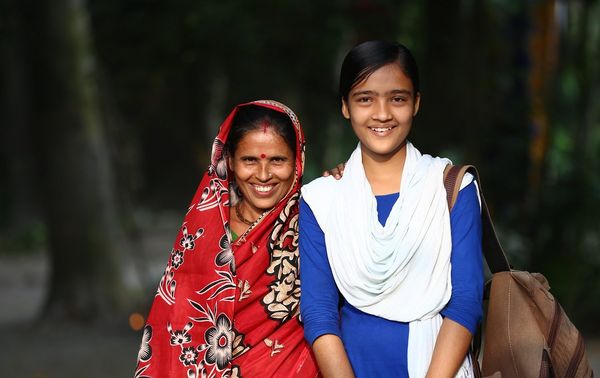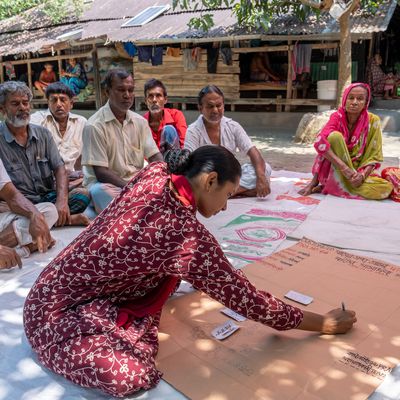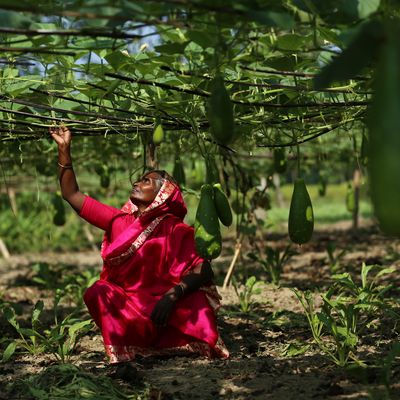One in 20 people in Bangladesh live in extreme poverty. They face multifaceted challenges, such as access to basic services, but also emerging challenges such as rising living costs and climate impacts.
BRAC pioneered the Graduation approach in 2002, when we recognized that there was a subset of people who were living in situations of poverty so entrenched that they could not even benefit from microfinance.
Graduation unlocks potential through a holistic, time-bound and context-specific set of interventions over 12 months, which strengthens agency, restores dignity, and puts people on a pathway to self-reliance. 100% of the participants in Graduation cohorts are women, and 71% reported in 2024 that they had gained control over their income and family resources.
Graduation has long-term benefits - 95% of participants continued to improve their living standards when measured even seven years after the program ended. The approach has now been adapted through partnerships with over 100 organizations across more than 50 countries.
Graduation at a glance

2.3 million
families have graduated out of extreme poverty in Bangladesh

9x
increase in savings among participants after the program ends, plus a 37% increase in earnings

93%
of participants sustain the benefits 10+ years after graduation
Four steps to ending extreme poverty
Featured stories

Our hard work slowly paid off. We became our community’s favorite vegetable vendor. Then, because there was also a demand for general household goods, we used the proceeds from the cart to open a small corner store… There were always new faces arriving in [our community], and the demand for fresh vegetables kept increasing.”
Shahinur
Ultra-Poor Graduation participant
Latest news

Case study: how Asma graduated out of extreme poverty in Bangladesh
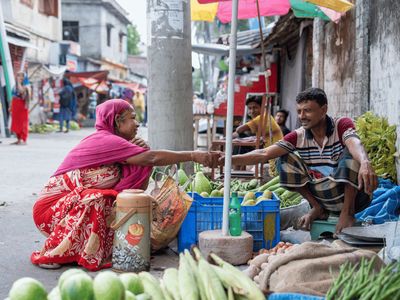
The Wall Street Journal | A guaranteed income won’t stop people from wanting to work

Nyamagabe District, Rwanda signs MoU with BRAC to launch district-led Graduation program
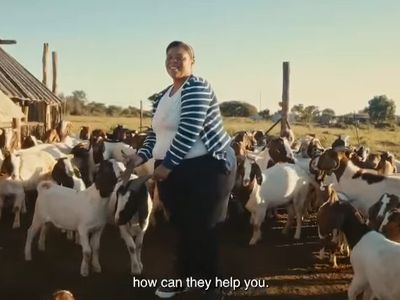
This is the story of Lizel Sol, from Oppermansdrop in the Free State, South Africa

Power people to rise above poverty
Make a gift to unmake poverty and power potential.
Donation options
Your most generous donation
Your most generous donation
